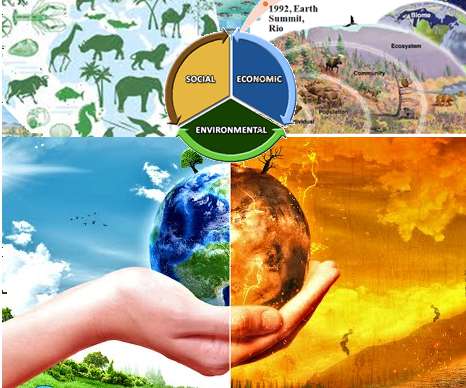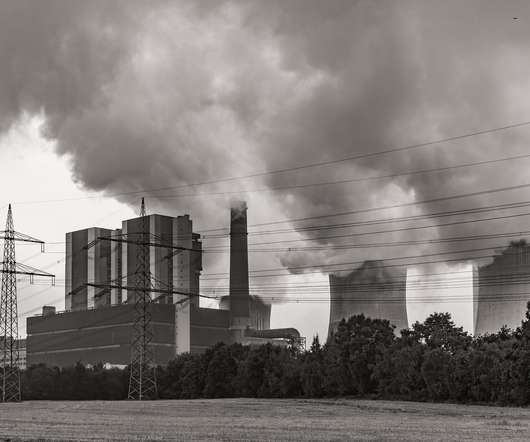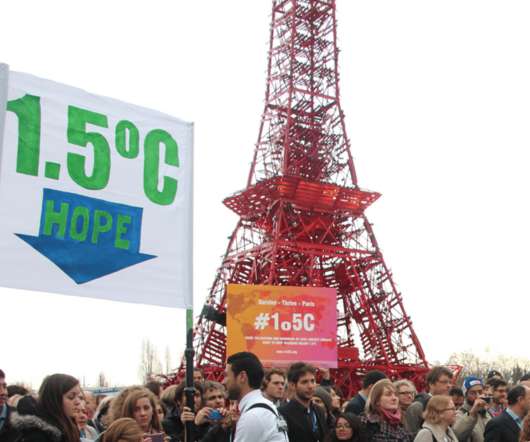Leading Think Tank Met With Minister Over North Sea Energy While Funded by Fossil Fuel Interests
DeSmogBlog
AUGUST 3, 2023
The Transition Deal echoed the fossil fuel lobby by emphasising the importance of hydrogen power and carbon capture utilisation and storage (CCUS) to the green transition. The International Energy Agency has stated that new oil and gas exploration is incompatible with net zero.















Let's personalize your content